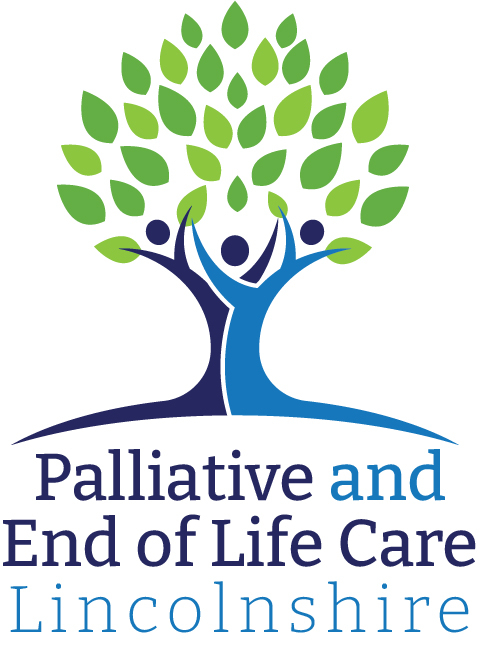
Service categories
Policies and GuidelinesLincolnshire Guidance to facilitate Person Centered Care following a natural expected death (Including Verification of Death)
5th December 2023 | Source: Lincolnshire NHS
Confirmation or verification of death is defined as deciding a person is deceased (HUK 2022). The terms can be used interchangeably. For the purpose of this policy the term verification shall be used.
Verification can be completed by anyone who feels or has been deemed competent to do so (BMA 2020). During the COVID-19 Pandemic a more flexible approach was put in place to reduce the risk of cross infection of the virus and to remotely support carers and family members to verify expected deaths that had occurred in people’s own homes and care homes (CQC 2022).
However, care after an expected death is so much more than the verification that the person has died. Care after death is the first stage of a process that involves a range of professional groups. This process of care leads ultimately to cremation, burial, or repatriation of the deceased. Therefore, coordinated working between these individuals and organisations is vital if the process is to run smoothly and ensure the bereaved are cared for and supported to navigate this process. Hospice UK (2022) comprehensive best practice guidance that includes guidance regarding cultural and religious considerations for care after death: https://www.hospiceuk.org/innovation-hub/clinical-care-support/care-after-death
Furthermore, many Funeral Director services have policies that require that the deceased has been verified by a competent person and that a health care professional has been informed before they are able to collect the deceased. The previous policy has contributed to long delays in the deceased being collected, due to the capacity of health care professionals available to verify the person’s death. This has also contributed to understandable distress to the bereaved.
There is an increased need to be able to support people to achieve their preferred place of care and death, which is often in a community setting of their choice. Therefore, to support this increasing care need in the community we have an opportunity to liberate the talents of the skilled unregistered staff within our unregistered health and social care workforce (Banks 2013), to facilitate timely verification of death to enable the timely necessary coordination and care after death.